The product formed by the reaction of an aldehyde with a primary amine is:
ketone
Carboxylic acid
Aromatic acid
Schiff base
The correct Answer is:D
To determine the product formed by the reaction of an aldehyde with a primary amine, we can follow these steps:
1. Identify the Reactants:
We have an aldehyde, which can be represented as RCHO, where R is an alkyl group (like methyl, ethyl, etc.). The primary amine can be represented as R′NH2, where R′ is also an alkyl group.
2. Nucleophilic Attack:
The nitrogen atom in the primary amine has a lone pair of electrons, making it nucleophilic. The carbon atom in the aldehyde is electrophilic due to the presence of the carbonyl group (C=O). The lone pair on nitrogen attacks the electrophilic carbon of the aldehyde:
RCHO+R′NH2→RCH(OH)(NH2R′)+
3. Formation of a Tetrahedral Intermediate:
This reaction forms a tetrahedral intermediate where the carbon atom is bonded to the hydroxyl group (OH) and the amine group (NH2). As a result, the nitrogen atom temporarily carries a positive charge because it now has four bonds.
4. Proton Transfer:
The hydroxyl group (OH) is not a stable group in this context. A proton transfer occurs from the nitrogen to the oxygen, leading to the formation of a better leaving group (water):
RCH(OH)(NH2R′)+→RCH(OH+2)(NH2R′)
5. Elimination of Water:
The positively charged hydroxyl group (now water) leaves, resulting in the formation of a double bond between the carbon and nitrogen:
RCH(=NHR′)+H2O
6. Formation of Schiff's Base:
The final product is a compound known as a Schiff's base, which can be represented as:
RCH=NR′
Here, RCH=NR′ is the Schiff's base formed from the reaction of the aldehyde with the primary amine.
Conclusion:
The product formed by the reaction of an aldehyde with a primary amine is a Schiff's base.
We have an aldehyde, which can be represented as RCHO, where R is an alkyl group (like methyl, ethyl, etc.). The primary amine can be represented as R′NH2, where R′ is also an alkyl group.
The nitrogen atom in the primary amine has a lone pair of electrons, making it nucleophilic. The carbon atom in the aldehyde is electrophilic due to the presence of the carbonyl group (C=O). The lone pair on nitrogen attacks the electrophilic carbon of the aldehyde:
RCHO+R′NH2→RCH(OH)(NH2R′)+
This reaction forms a tetrahedral intermediate where the carbon atom is bonded to the hydroxyl group (OH) and the amine group (NH2). As a result, the nitrogen atom temporarily carries a positive charge because it now has four bonds.
The hydroxyl group (OH) is not a stable group in this context. A proton transfer occurs from the nitrogen to the oxygen, leading to the formation of a better leaving group (water):
RCH(OH)(NH2R′)+→RCH(OH+2)(NH2R′)
The positively charged hydroxyl group (now water) leaves, resulting in the formation of a double bond between the carbon and nitrogen:
RCH(=NHR′)+H2O
The final product is a compound known as a Schiff's base, which can be represented as:
RCH=NR′
Here, RCH=NR′ is the Schiff's base formed from the reaction of the aldehyde with the primary amine.
The product formed by the reaction of an aldehyde with a primary amine is a Schiff's base.
Similar Questions
Knowledge Check
The product formed in the reaction is
 A
A B
B C
C D
D
The major product formed in the reaction
 A
A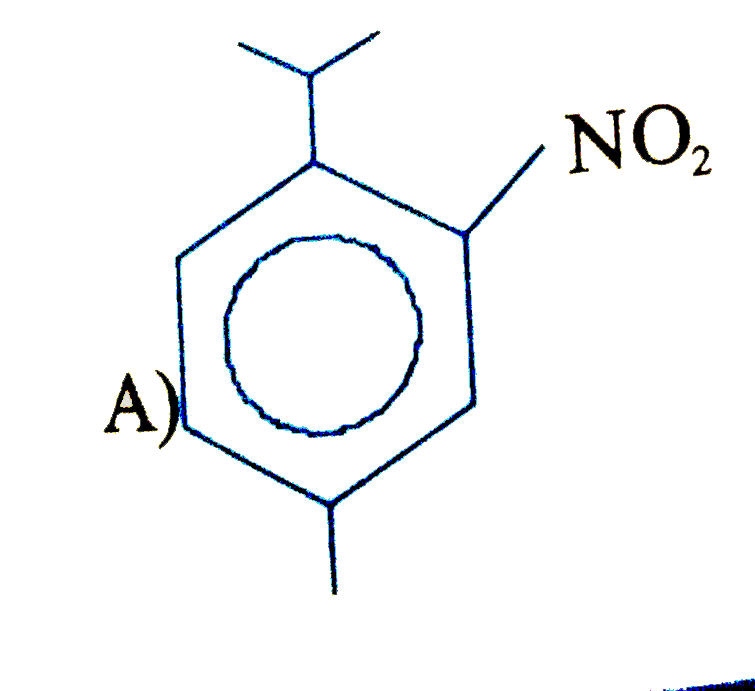 B
B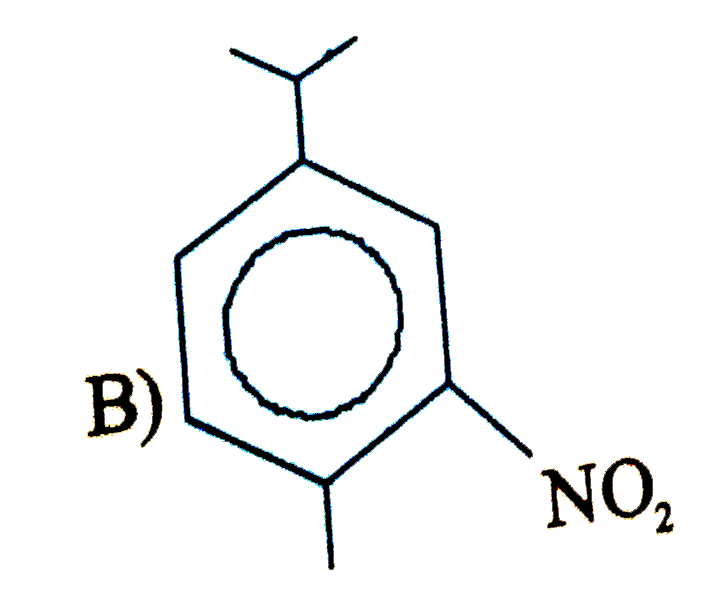 C
C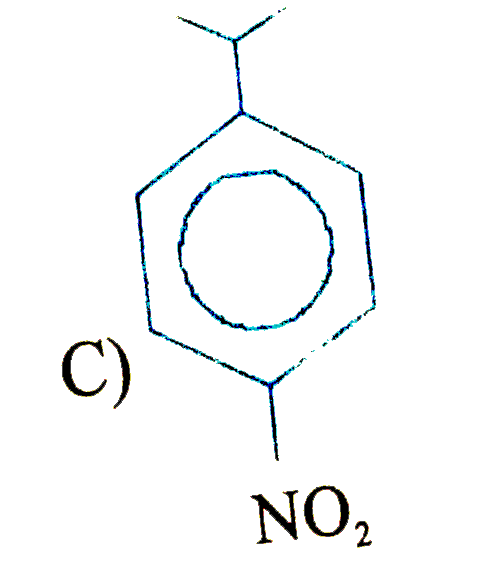 D
D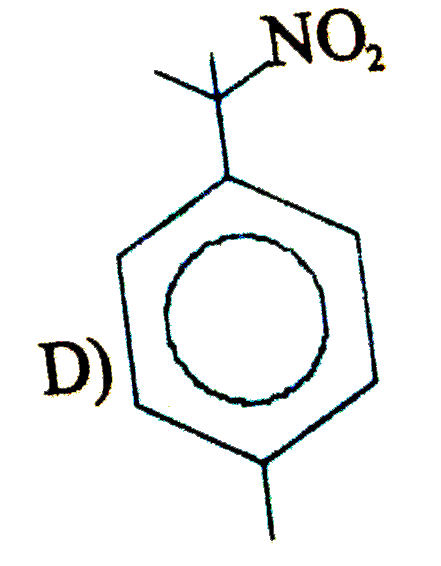
The major product formed in the reaction :
 A
A B
B C
C D
D

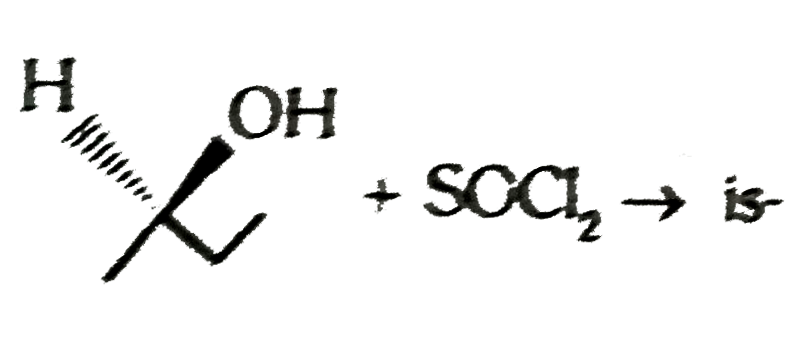
 Product is
Product is 



